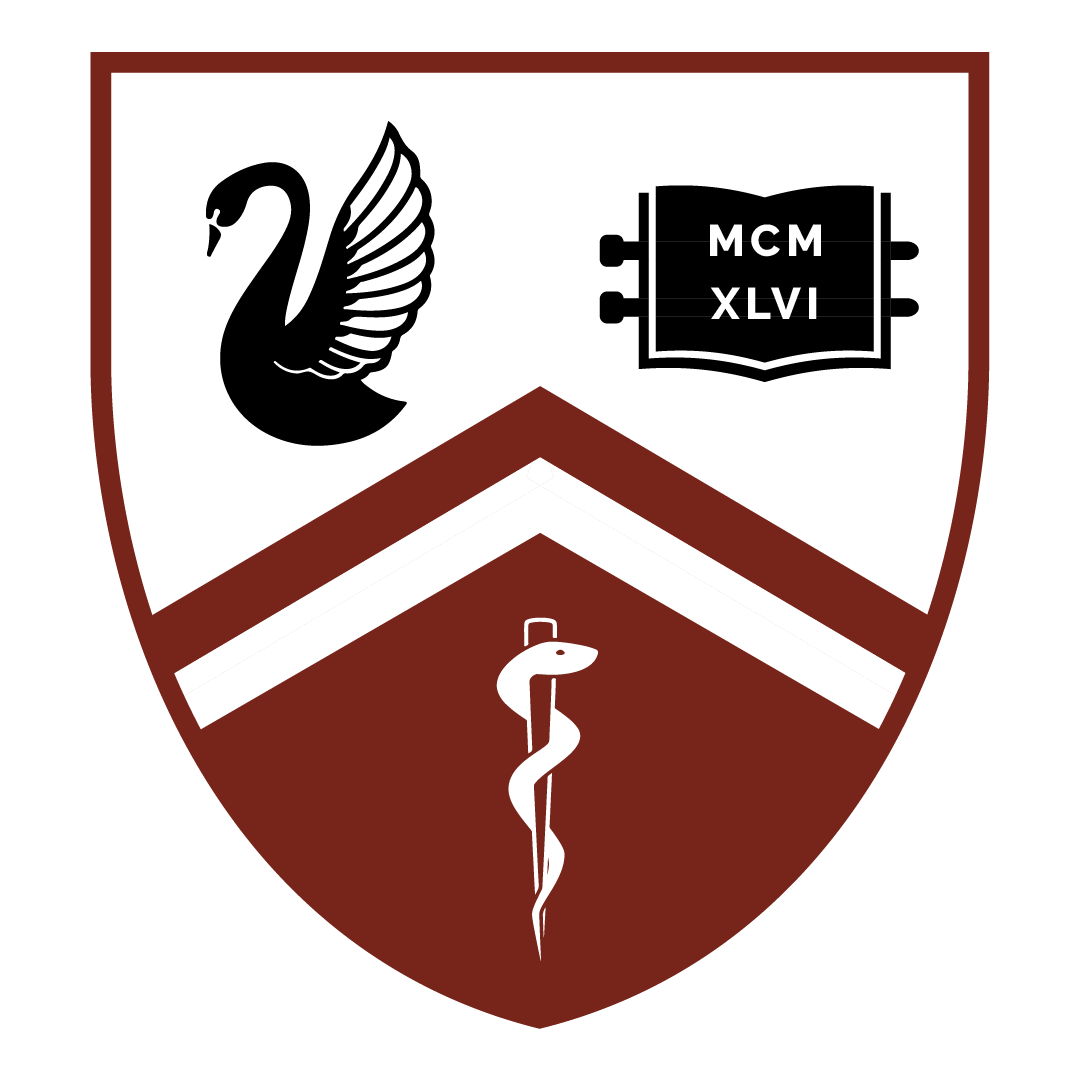займы на карту без отказа онлайн круглосуточно This article is part of WAMSS's MD2 Rotations Guide. Start with page one to check out our other useful tips in this series.
Note: The advice shown here may not reflect current Department of Health or UWA School of Medicine policies, particularly with changing public health developments. If you are ever unsure, you should always seek clarification from the UWA Medical School.
Have you gone through UWA MD2? We value your advice. Notice any errors? Get in touch at [email protected]
This document is not an official WAMSS policy document. For any questions or for more information, please contact [email protected]
Rotations: Psychiatry
- Know the diagnostic DSM-V criteria for common conditions like schizophrenia, depression, bipolar, and psychosis before you start.
- Try and see a few patients per week (at least) for a formal 45min interview. Make sure you ask the team who is appropriate. Don’t be too scared about this, if you’re not feeling confident doing a psych history then just go in for an informal chat.
- Ask the team which patients are appropriate.
Be human, if a patient looks uncomfortable then back-off that topic.
- You will see the consultants pushing on these points but that is their job. Don’t break someone down unless you are prepared and have the skills to pick up the pieces (you don’t, yet!).
- Get involved with the ward activities with the OT. This will help to build rapport with the patients which is handy when you go to talk to them for your OCI.
- Flag your assessment to your team day 1 and try to do your final ~ week 4, it won’t make a difference to your grade and getting it done early takes the stress out.
- If you find out who the admitting reg is, ask to go with them for interviews for new patients, won’t get to see a full psych interview anywhere else.
- Learn how to do a mental state exam (MSE).
- You can pick most of psych up on the rotation. It can be variable hours, as it’s incredibly slow and takes ages to see patients. Learn psychotic disorders and you should be right.
- Don’t be scared of patients they are really open.
- You will have to ask some pretty sensitive questions e.g, thoughts of suicide. Don’t be awkward when asking – will be better with time and practice.
Continue to the next page
